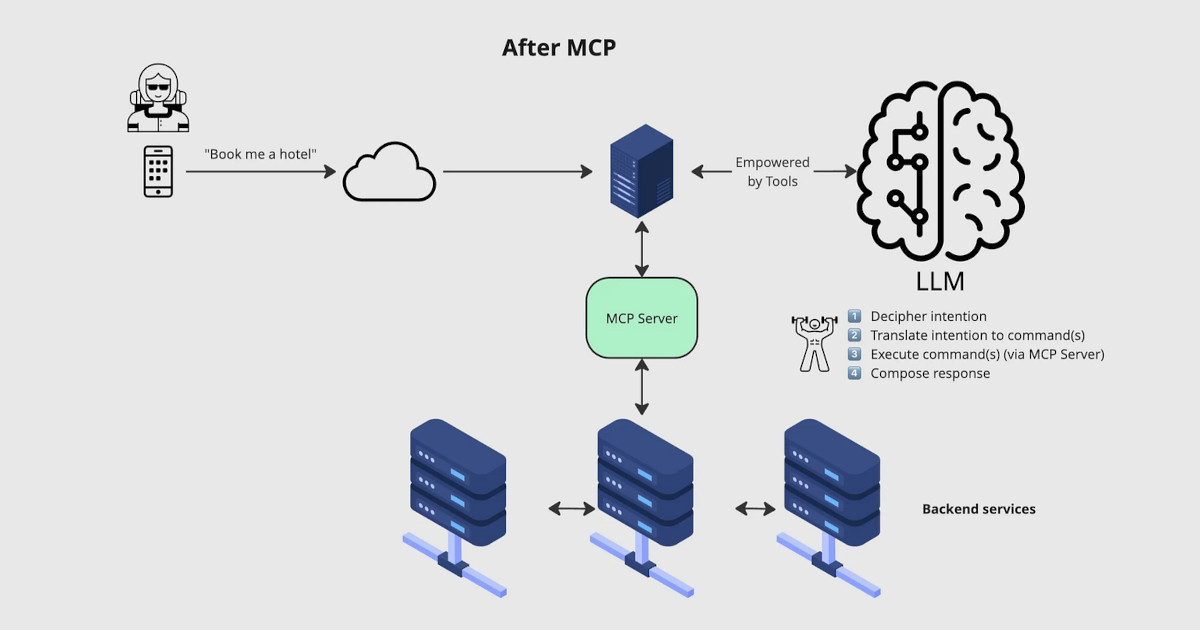How to Build Ethically Aligned Autonomous Agents through Value-Guided Reasoning and Self-Correcting Decision-Making Using Open-Source Models
PositiveArtificial Intelligence
This tutorial delves into the creation of autonomous agents that align with ethical values using open-source models from Hugging Face. By running simulations in Colab, it showcases a decision-making process that balances achieving goals with moral considerations. This approach is significant as it paves the way for developing AI systems that not only perform tasks efficiently but also adhere to ethical standards, ensuring responsible use of technology.
— Curated by the World Pulse Now AI Editorial System



